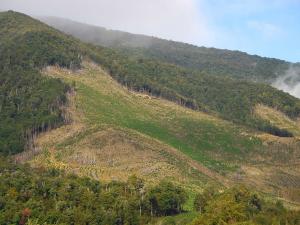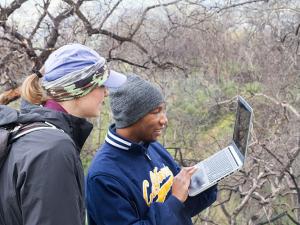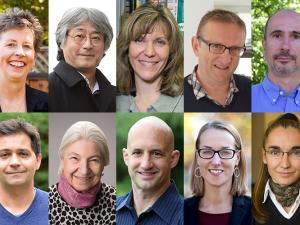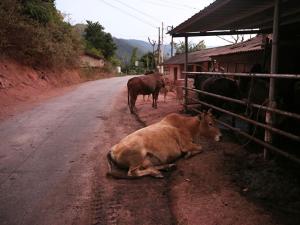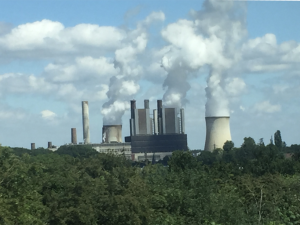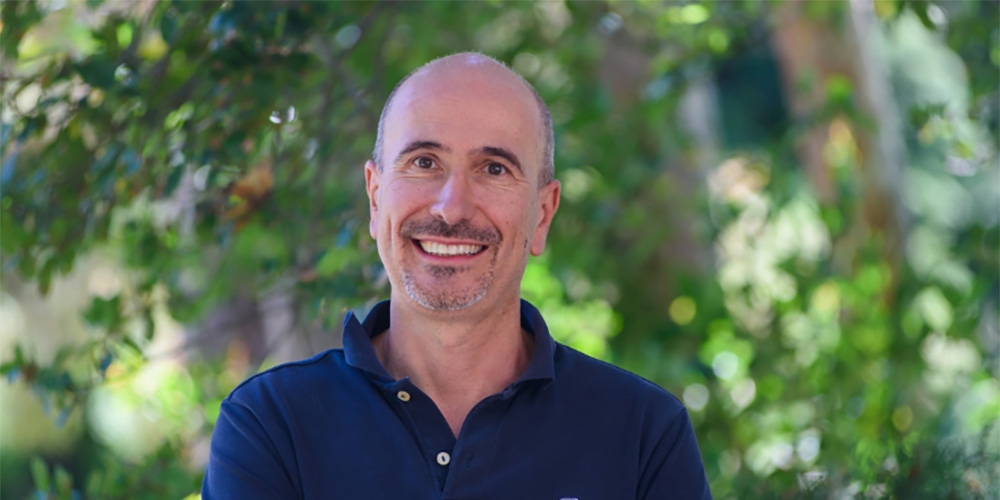

Research Bio
Paolo D'Odorico's research focuses on the role of hydrological processes in the functioning of terrestrial ecosystems. Through the analysis of the soil water balance he has highlighted important nonlinearities in the coupling between soil moisture dynamics and plant water stress, biogeochemical cycling, land-atmosphere interactions, plant community composition, and soil susceptibility to wind erosion. Using field observations and process-based models, he is investigating new mechanisms of desertification and factors contributing to the resilience of the desert margins. His group's work has highlighted the role played by positive feedbacks with the physical environment on the resilience of savannas, dry tropical forests, desert shurblands, freshwater wetlands, mangrove swamps, and seagrass meadows. Their work has also shown how environmental noise may increase the complexity of ecosystem dynamics by inducing new states, bifurcations, or pattern formation. His research in ecohydrology focuses on fire-precipitation interactions in African savannas, the effect of soil salinity on wind erosion and dust emissions, and the effect of irrigation on global and regional climate. He is currently investigating the globalization of water through virtual water trade and international land investments, and its impact on water equity, societal resilience, environmental stewardship, and food security. This research is highlighting the crucial role of water in agriculture and energy production. They are focusing in particular on irrigation and the extent to which the local water resources constrain sustainable irrigation across major agricultural regions of the planet both under current and climate change conditions. They are also evaluating the value created by irrigation in agriculture, mechanisms of water appropriation and investigating the nexus between land and water tenure regimes around the world.
Research Expertise and Interest
hydrology, ecohydrology, water resources, Water and Society, environmental sciences, Drylands, Desertification

